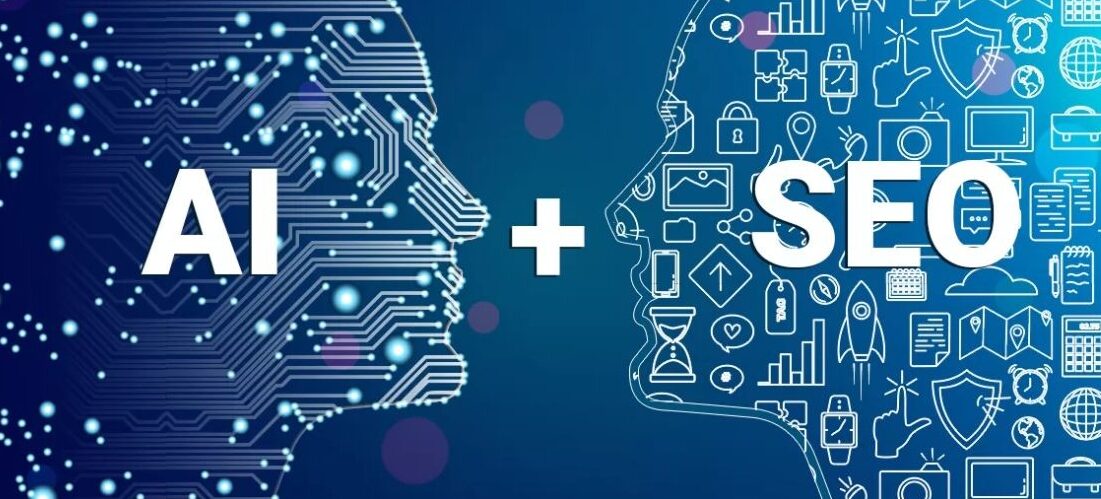Artificial Intelligence (AI) is transforming many industries, and Search Engine Optimization (SEO) is no exception. AI tools and technologies are making it easier for businesses to optimize their websites and content, leading to better search engine rankings and increased visibility. Here’s how AI is being used in SEO.
Keyword Research
One of the most critical aspects of SEO is keyword research. AI can analyze large datasets to identify which keywords are most relevant to a particular industry or topic. Tools like Google’s AI-powered keyword planner can suggest keywords that have high search volumes and low competition, helping businesses target the most effective keywords for their content.
Content Creation and Optimization
AI can assist in content creation by generating topic ideas, writing drafts, and even optimizing existing content. Natural Language Processing (NLP) algorithms can analyze the top-ranking content for specific keywords and suggest improvements to make the content more competitive. AI can also ensure that the content is relevant, engaging, and optimized for search engines by analyzing user intent and behavior.
On-Page SEO
On-page SEO involves optimizing individual web pages to rank higher and earn more relevant traffic. AI tools can analyze a webpage’s structure, content, and metadata to suggest improvements. For example, AI can recommend changes to title tags, meta descriptions, headers, and image alt texts to make the page more search engine friendly.
Link Building
Building high-quality backlinks is essential for SEO. AI can help identify potential link-building opportunities by analyzing the backlink profiles of competitors and finding websites that might be willing to link to your content. Additionally, AI can automate outreach processes, saving time and increasing efficiency.
User Experience
User experience (UX) is a significant factor in SEO. Search engines prioritize websites that provide a good user experience. AI can analyze user behavior on a website to identify areas for improvement. For instance, AI can detect high bounce rates and suggest changes to improve page load times, navigation, and overall usability.
Predictive Analytics
AI can predict future trends and user behaviors, allowing businesses to stay ahead of the competition. By analyzing historical data, AI can forecast which keywords will become popular, what type of content will perform best, and how search algorithms might change. This predictive capability enables businesses to adapt their SEO strategies proactively.
Automated Reporting
AI can automate the process of SEO reporting. Instead of manually collecting and analyzing data, AI tools can generate comprehensive reports that highlight key metrics such as keyword rankings, organic traffic, and conversion rates. These reports provide valuable insights that can inform future SEO strategies.
In summary, AI is revolutionizing SEO by automating tedious tasks, providing deeper insights, and improving overall efficiency. By leveraging AI technologies, businesses can optimize their websites more effectively, stay ahead of trends, and achieve better search engine rankings. As AI continues to evolve, its role in SEO is likely to become even more significant.
